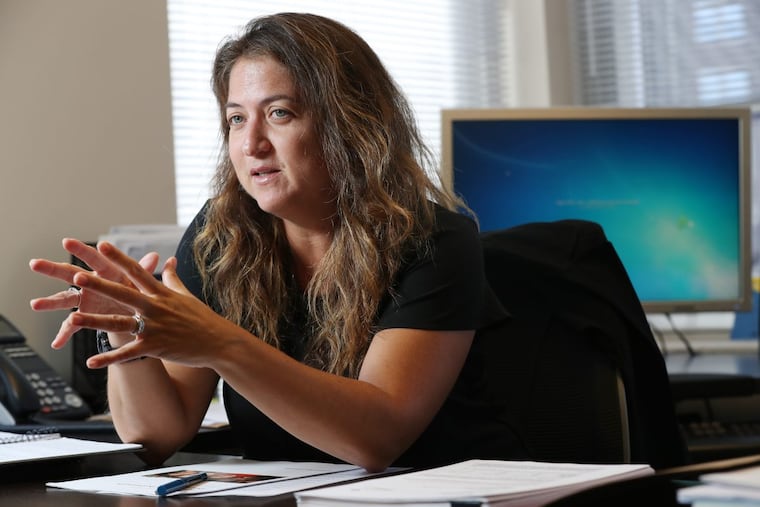Citing improvements, state upgrades DHS license back to fully operational
Last year, a state review found the city had failed to meet dozens of compliance standards and downgraded its license to provisional.

Pennsylvania has upgraded Philadelphia's Department of Human Services' license, citing improvements following a series of violations last May that included falsified reports, sloppy documentation, and keeping children overnight in agency offices.
Last year, a state review found that the city had failed to meet dozens of compliance standards, and downgraded its license to provisional. The city had to come up with a corrective action plan and meet regularly with state monitors. Thursday, the state returned DHS to a fully operational license.
"This is a statement from the state that we believe they're in compliance with the statutes and regulations that govern child welfare," said Ted Dallas, secretary of Health and Human Services, who went on to laud the response of DHS Commissioner Cynthia Figueroa. "We've seen a decrease in the number of violations they've had and in the severity of the violations, but more importantly, I think we've seen that Commissioner Figueroa has put together the building blocks and the steps they need to correct some of the things that were of larger concern to us."
An official letter sent to the city cited improvements in supervision, family engagement, worker clearances, and performance management.
Philadelphia started implementing a new system in 2012 that puts private social service providers known as Community Umbrella Agencies into neighborhoods to handle case management. The work is overseen by the city. Dallas said the growing pains associated with the shift are starting to subside and that performance-based metrics and a CUA review system will help hold people and organizations more accountable.
"Last year, we didn't see evidence of supervisors and case workers working together to make decisions about cases; we're now seeing that. We're seeing the integration of the CUAs and DHS," Dallas said.
Figueroa welcomed the news.
"This is a 'woo-hoo' moment for us," she said. "It's great for the kids in the city and great for us and all of our partners."
In 2016, the city saw a 13 percent increase in the number of children put into the system. This year the number of children removed from their homes stayed flat. The city also hired more case workers to drive down the ratio of families to workers from 13-1 to 11-1. The agency has also increased the number of children who are in "kinship care," meaning they live with a family member or a close friend.
The last time Philadelphia operated under a provisional license was 2009. If a city fails four consecutive reviews, the state can withhold funding and take over.